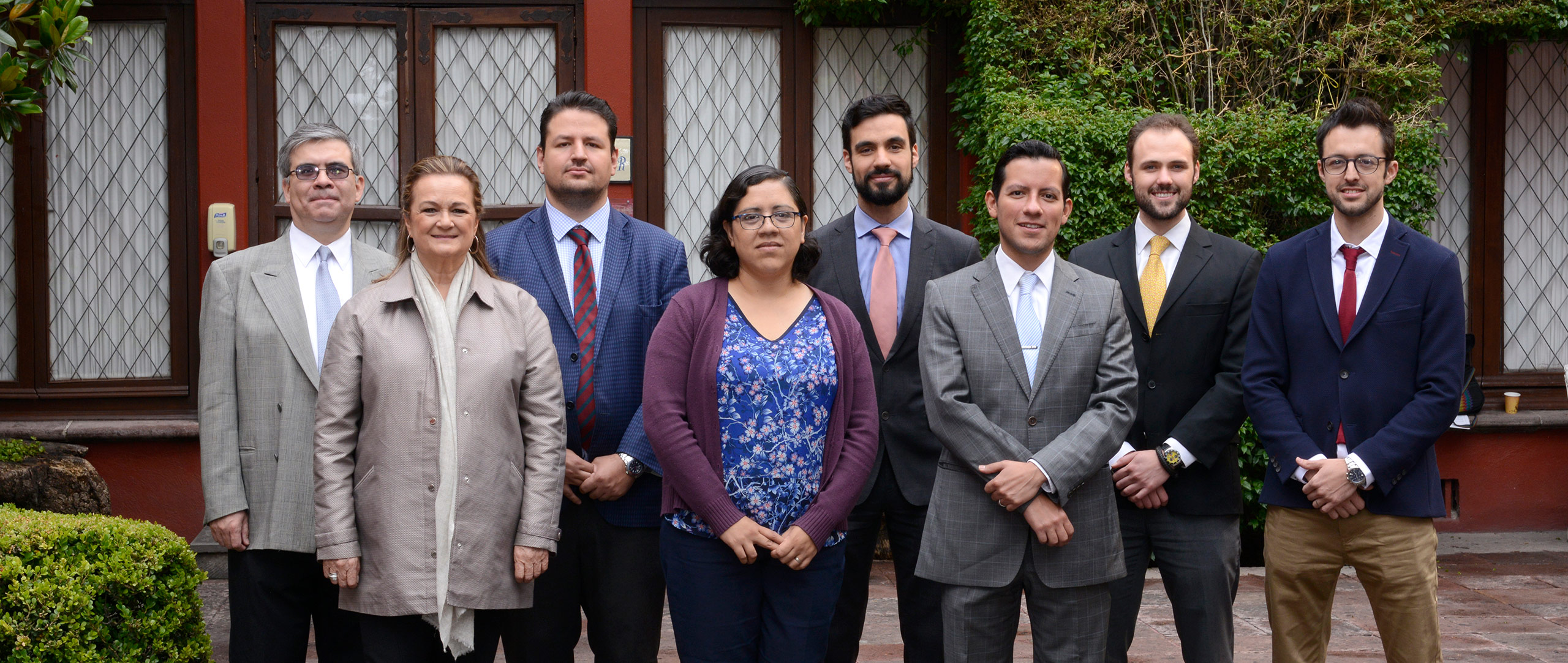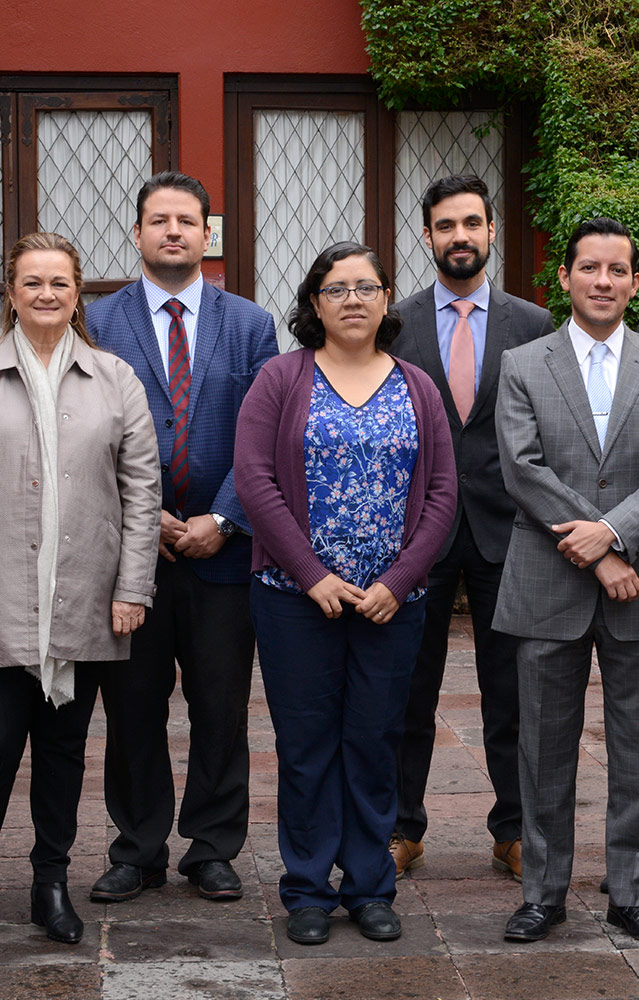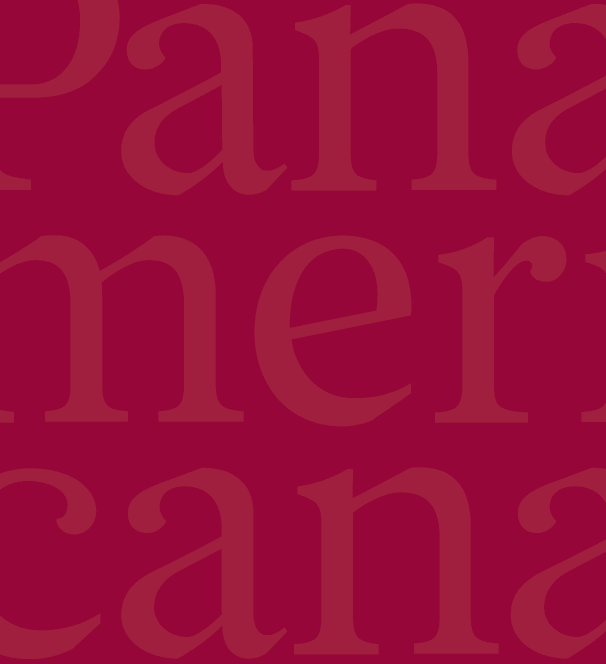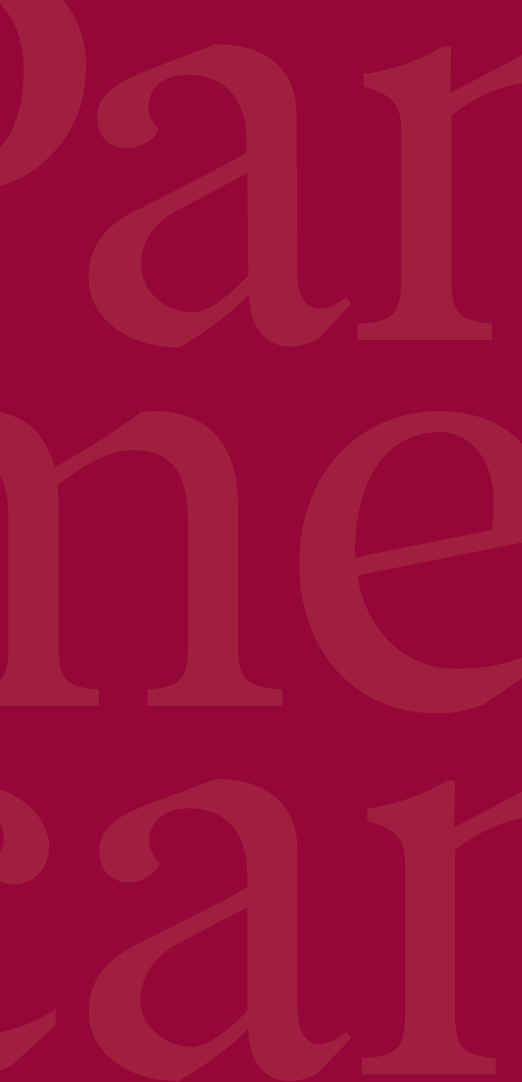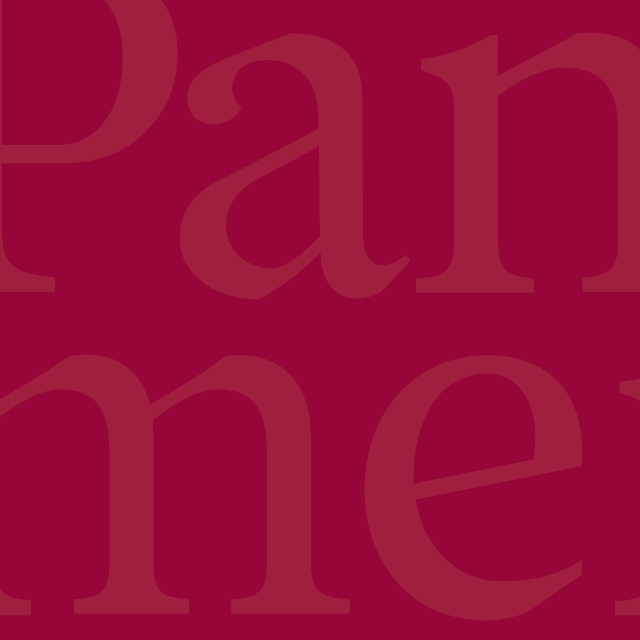The Bachelor's Degree in Philosophy prepares professionals with argumentative skills, who possess a deep knowledge of the philosophical tradition and a broad historical and cultural perspective. Thus, students develop the qualities of critical philosophers capable of humanizing with their environment to face the challenges of today.
The philosopher of the Universidad Panamericana is the cultural and critical expert so necessary today. Faced with today's problems, the philosopher of the Universidad Panamericana gives the complex, but also humanistic answers that are so necessary today.
Main Certifications
This program is validated by the Council for the Accreditation of Educational Programs in the Humanities (COAPEHUM).
Bachelor of Arts in Philosophy
-
Mexico City
RVOE
SEP 20200774 dated 10/28/2020, plan 2020, school-based modality, Augusto Rodín site.
ENTRY PROFILE
The Philosophy student is:
- Curious: he is observant, notices nuances and is eager for knowledge.
- Conscious: Asks questions about self and the world.
- Critical: analyzes and questions the surrounding social situation.
- Creative: based on a critical analysis of their situation and reality, they formulate alternatives and innovative responses to current problems.
GRADUATE PROFILE
The graduate of the Bachelor's Degree in Philosophy will be able to:
- Understand the different philosophical traditions in their historical context.
- Analyze complex problems in the consideration of phenomena of a theoretical or practical nature.
- Synthesize diverse ideas in the consideration of phenomena of a theoretical or practical nature.
- Examine and analyze arguments and speeches.
- Diagnose concrete realities through the application of abstract models.
- Communicate knowledge effectively using linguistic, methodological, technological and didactic tools.
-
History of Philosophy: Presocratics to Plato
-
Philosophy of the Person
-
Introduction to Latin
-
Introduction to Philosophy
-
Philosophy of Culture
-
Logic of Terms
-
Editorial staff
-
History of Philosophy: Aristotle to Neoplatonism
-
Philosophical Anthropology
-
Latin
-
Philosophy of Nature
-
Philosophy of Contemporary Culture
-
Philosophical Writing Techniques
-
History of Philosophy: Patristics and the Middle Ages
-
Ethics
-
Translation of Latin Texts
-
Metaphysics
-
Theory of Knowledge
-
Predicate Logic
-
Philosophical Writing Workshop
-
History of Philosophy: Scholasticism
-
Ethical Issues
-
Introduction to Classical Greek
-
Ontology
-
Gnoseology
-
Dialectics and Argumentation
-
History of Philosophy: Early Modernity
-
Political Philosophy
-
Classical Greek
-
Fundamentals of Didactics
-
Theological Anthropology I
-
Selected Topics in Philosophy I
-
Selected Topics in Philosophy II
-
Selected Topics in Philosophy III
-
History of Philosophy: Kant and the Development of Idealism
-
Social Philosophy
-
Translation of Greek Texts
-
Philosophy of Modern Nature
-
Theological Anthropology II
-
Selected Topics in Philosophy IV
-
Selected Topics in Philosophy V
-
Selected Topics in Philosophy VI
-
History of Philosophy: Hegel and Post-Hegelianism
-
Aesthetics
-
Thesis Seminar
-
Philosophy of Science
-
Novohispanic Philosophy
-
Selected Topics in Philosophy VII
-
Selected Topics in Philosophy VIII
-
Phenomenology and Hermeneutics
-
Philosophy of Art
-
Degree Seminar
-
Contemporary Epistemology
-
Philosophy of independent Mexico
-
Analytical Philosophy and Pragmatism
-
Selected Topics in Philosophy IX
-
Selected Topics in Philosophy X
International Exchange Network
-
Bayerichen Julius Maximilians University Würzburg, Germany
-
Katholische Universitat Eichstatt-Ingolstadt, Germany
-
Technische Universität Dresden, Germany
-
Austral University, Argentina
-
Haute Ecole de la Province de Liege, Belgium
-
University of Sao Paulo, Brazil
-
Centennial College, Canada
-
Mount Royal University, Canada
-
Université Laval de Québec (All in French), Canada
-
Université de Moncton (all French), Canada
-
Université de Sherbrooke, Canada
-
University of Lethbridge, Canada
-
University of Regina, Canada
-
Universidad de los Andes, Chile
-
Shanghai Normal University, China
-
University of La Sabana, Colombia
-
Catholic University of Valencia, Spain
-
University of Navarra (Pamplona), Spain
-
University of Oviedo, Spain
-
University of Salamanca, Spain
-
University of Seville, Spain
-
University of Rey Juan Carlos, Spain
-
University of Valencia, Spain
-
DePaul University, USA
-
University of North Carolina, USA
-
University of North Texas, USA
-
University of Texas at Arlington, USA
-
University of Vermont, USA
-
Jean Moulin Lyon 3, France
-
Liverpool Hope University, England
-
Nothingham, England
-
University of Southampton, England
-
University of Westminster, England
-
Università Cattolica del Sacro Cuore, Italy
-
Università della Santa Croce, Italy
-
University of Puerto Rico Mayagüez Campus, University of Puerto Rico, Puerto Rico
-
University of Basel, Switzerland
-
University of Montevideo, Uruguay
Forms of Qualification
-
Degree by thesis
Admission Process
-
Admission test
-
Admission Interview
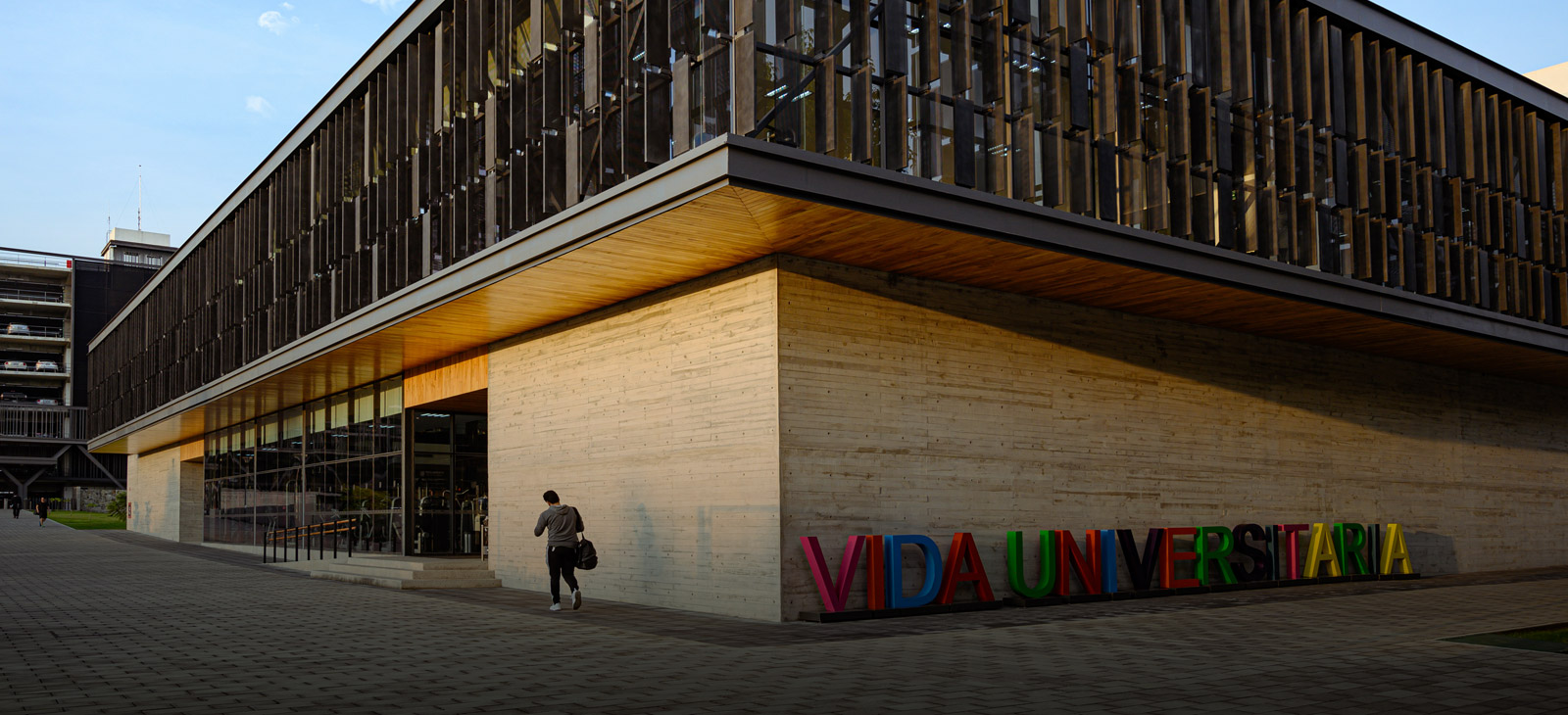
Testimonials
"I believe that the philosopher is a professional in the only subject that a machine has not been able to replace: thinking. To be a philosopher is to create ways to solve problems".
Santiago Floresmeyer, class of 2013, CDMX campus.

Testimonials
"Studying Philosophy at Universidad Panamericana gave me structure and mental agility to understand sales processes. It also gave me facility with words and versatility to apply and adopt appropriate language in sales."
Sofía Díaz Macouzet, class of 2019, CDMX campus.

Testimonials
"Being a philosopher has given me the ability to adapt to different environments and to learn quickly about complex and diverse subjects".
Mercedes Espinosa, class of 2018, campus CDMX

Testimonials
"Philosophy is a very valuable thing. It has given me the mental dynamism to change systems of thought more easily. You can become self-taught and move from one side to the other more easily".
Pablo Alarcón, class of 2016, CDMX campus

Testimonials
"The UP Faculty of Philosophy does a great job in giving, not only tools of critical thinking and analysis, but also a very strong foundation of classical and humanist culture; this distinguishes UP philosophers, especially in academia."
Bernardo Sainz, class of 2014, CDMX campus

Testimonials
"For me, philosophy is a well-argued way of reflecting on the problems of the world, from classical problems such as what is beauty or truth, to more contemporary problems such as climate change or migration.
Santiago Sierra, class of 2013, CDMX campus

Testimonials
"For me, philosophy is a way of living in an orderly way. It is a way of life; it is something that can be translated into knowledge, academia and can be related to a lot of other things. "
Paulina Guendulain, class of 2012, CDMX campus

Testimonials
"Philosophy has a lot to contribute to the business world in different areas: ethics, theory of knowledge, research and others.
Juan José Díaz, class of 2004, CDMX campus

Testimonials
"What I found most useful about philosophy is developing critical thinking. Identifying where the important things are has saved me a lot of time when researching, writing news, and dealing with people.
Natalie Despot, class of 2010, CDMX campus

Testimonials
"In my experience, I have never seen anyone analyse a problem in greater depth than a philosopher. Philosophy has given me intellectual adaptability; the analyses we do that are so structured and deep help us to solve problems of all kinds".
Claudio Rivas, class of 1997, CDMX campus
